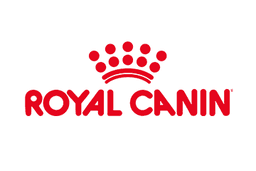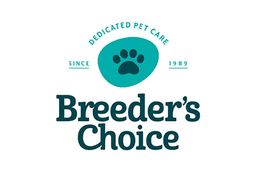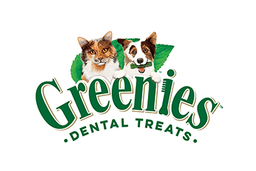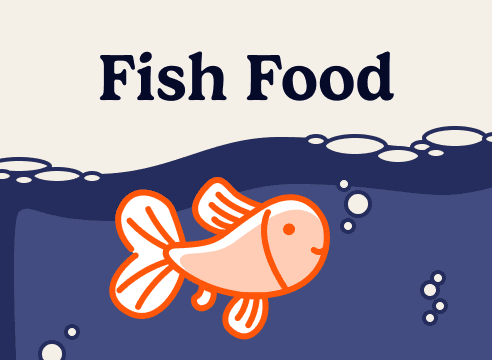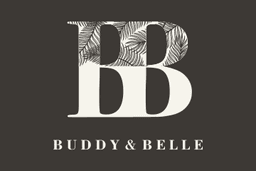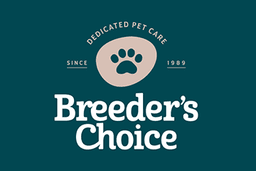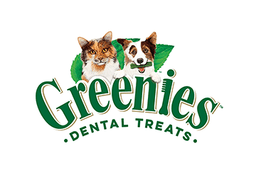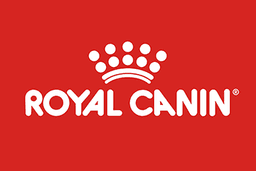Jack Russell Terrier

A spirited bundle of energy, the Jack Russell Terrier is a bold and lively companion.
Known for their high energy, intelligence, and remarkable stamina, Jack Russell Terriers (JRTs) were originally bred for hunting foxes in England during the 1800s and are still sometimes used today for hunting rats.
These small-sized dogs stand up to 30 cm tall and weigh between 4 to 8 kgs. They are predominantly white with distinctive black or tan markings on their face and head
Jack Russell Facts & Characteristics
| Characteristic | Detail |
|---|---|
| Origin | England |
| Dog Breed Group | Working dog, bred for hunting |
| Height | Small, 20 to 30cm |
| Weight range | 4 to 8 kgs |
| Colours | Predominantly white with black or tan markings on the face and head |
| Life expectancy | 10 to 15 years |
| Coat | May be smooth or wire coated. Sheds |
| Temperament | Intelligent, energetic, may be stubborn |
| Exercise requirements | High |
| Best suited for | Very active households |
| Apartment friendly | Not recommended. Needs a lot of entertainment and may become destructive/noisy if bored |
Personality
Jack Russells have a vibrant and bold personality that stands out despite their small size. Best suited to households with experienced dog owners, these terriers have a high need for exercise and excel in agility and other sports. Keeping a Jack Russell Terrier mentally and physically stimulated is crucial to prevent unwanted behaviours like digging and escaping, which can stem from boredom.
Due to their energetic nature, they thrive better on larger properties rather than in flats.
When placed in the right family, they are incredibly loyal and protective. Early socialisation with other dogs, people, and animals is essential to ensure good behaviour in adulthood. However, it's important to be cautious when introducing Jack Russells to small animals, as their strong hunting instincts can come into play.
For households with young children, Jack Russells can be a good fit if properly trained and socialised. Their playful and energetic nature makes them great playmates, but supervision is necessary to ensure that both the dog and children interact safely. Their small size can make them more fragile, and their spirited personality means they can sometimes be a bit too rambunctious for very young children
Grooming
The coat variations may be smooth, wirehaired or broken and all coat types shed. Regular brushing two to three times a week will help to keep the coat healthy.
Make sure your Jack Russell Terrier is on flea and tick control all year round.
Feeding
When choosing a food for your Jack Russell Terrier, select a premium food appropriate to your dog’s age. Help your JRT avoid becoming overweight by ensuring that you follow the recommended feeding guides on the food appropriate to your pet's size.
Common Health Concerns
Jack Russell Terriers often face health issues such as patellar luxation, which causes the kneecap to dislocate and leads to lameness, and deafness, especially as they age. Additionally, due to their energetic and adventurous nature, they are prone to cruciate ligament disease and other injuries. Regular veterinary check-ups, keeping a healthy weight, and responsible breeding can help manage and prevent these conditions.
Did you know?
In 2007, a Jack Russell Terrier named George bravely protected two children from an attack by two large dogs in New Zealand. Sadly, George did not survive the incident. A bronze statue was built in the town centre of Manaia in his honour.
Jack Russell FAQs
How to Tire Out a Jack Russell Terrier
Tiring out a Jack Russell Terrier requires a combination of physical exercise and mental stimulation due to their high energy levels and intelligence. Here are some effective ways:
- Daily Exercise: Ensure at least one long walk or run daily.
- Play Fetch: Engage in games like fetch for physical activity.
- Agility Training: Use an agility course for physical and mental stimulation.
- Interactive Toys: Provide puzzle feeders and treat-dispensing toys.
- Training Sessions: Regular training sessions to tire them mentally.
- Dog Sports: Participate in sports like flyball.
- Play Dates: Arrange playdates with other dogs.
Where can I get a Jack Russell Terrier?
Check out your local breed specific rescue organisation. Also be sure to visit your local pet rescue shelters where you might just find your new best friend!
Are Jack Russell Terriers good with children?
Jack Russell Terriers can be good with children, especially if they are raised together. However, due to their high energy levels and sometimes stubborn nature, they are best suited to families with older children who understand how to interact with dogs respectfully.
Do Jack Russell Terriers shed a lot?
Jack Russell Terriers have a short, dense coat that does shed moderately throughout the year. Regular brushing can help manage shedding and keep their coat in good condition.
Are Jack Russell Terriers easy to train?
Jack Russell Terriers are intelligent and quick learners, but they can also be independent and stubborn. Consistent training with positive reinforcement works best with this breed. Early socialisation and obedience training are important to manage their strong-willed nature.
Are Jack Russell Terriers good with other pets?
Jack Russell Terriers have a strong prey drive and may not get along well with smaller animals such as cats or rodents. They can get along with other dogs if properly socialised from a young age, but their natural hunting instincts can sometimes make them a challenge in multi-pet households.



